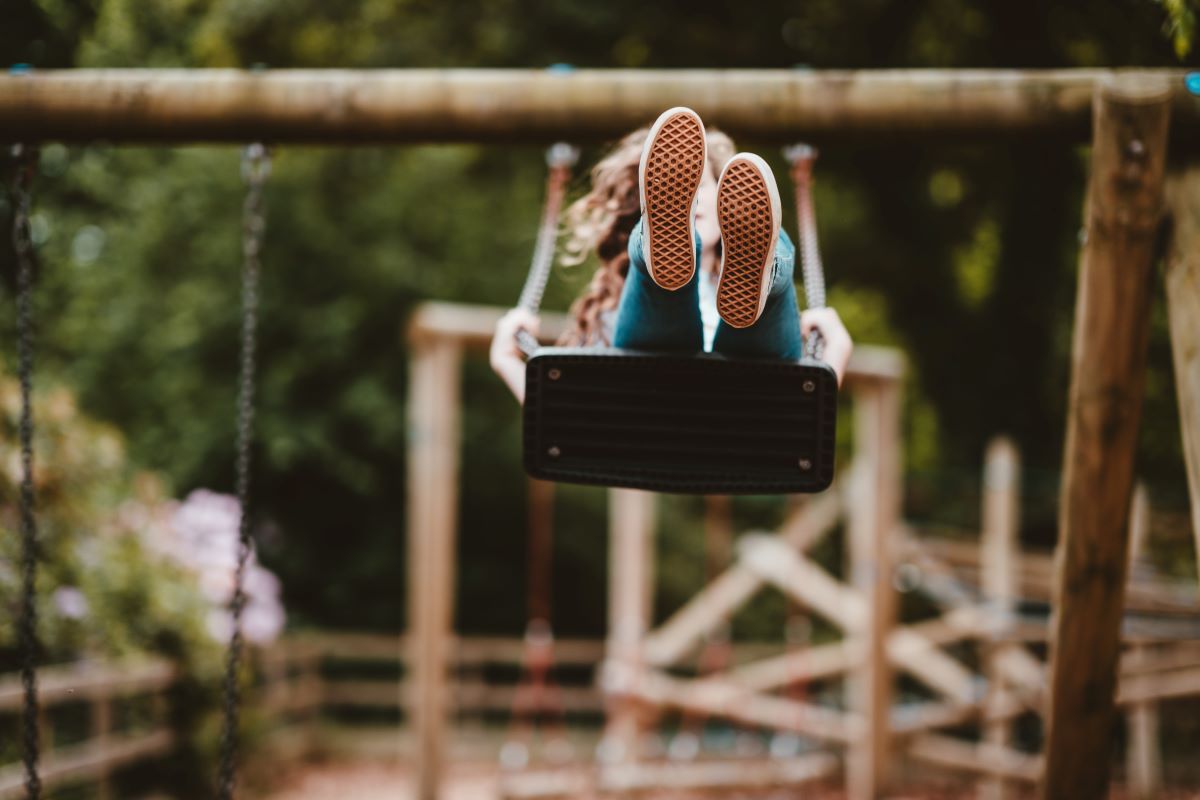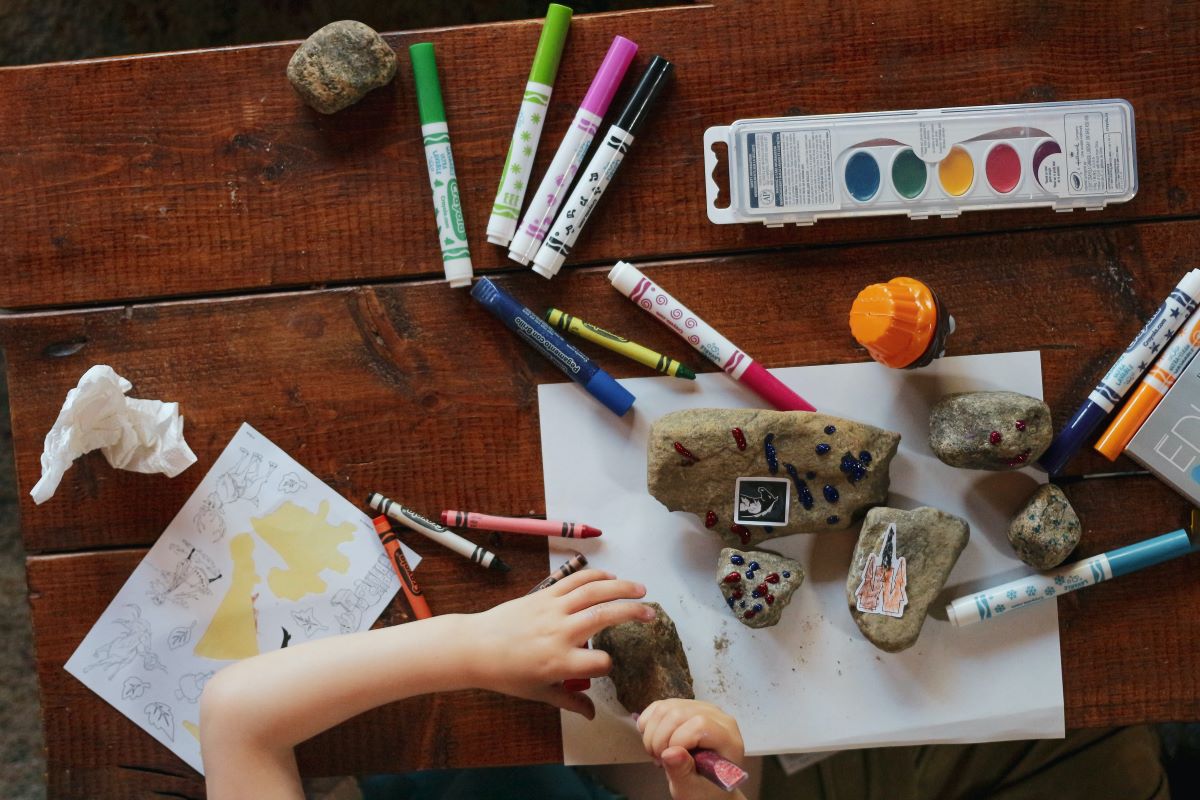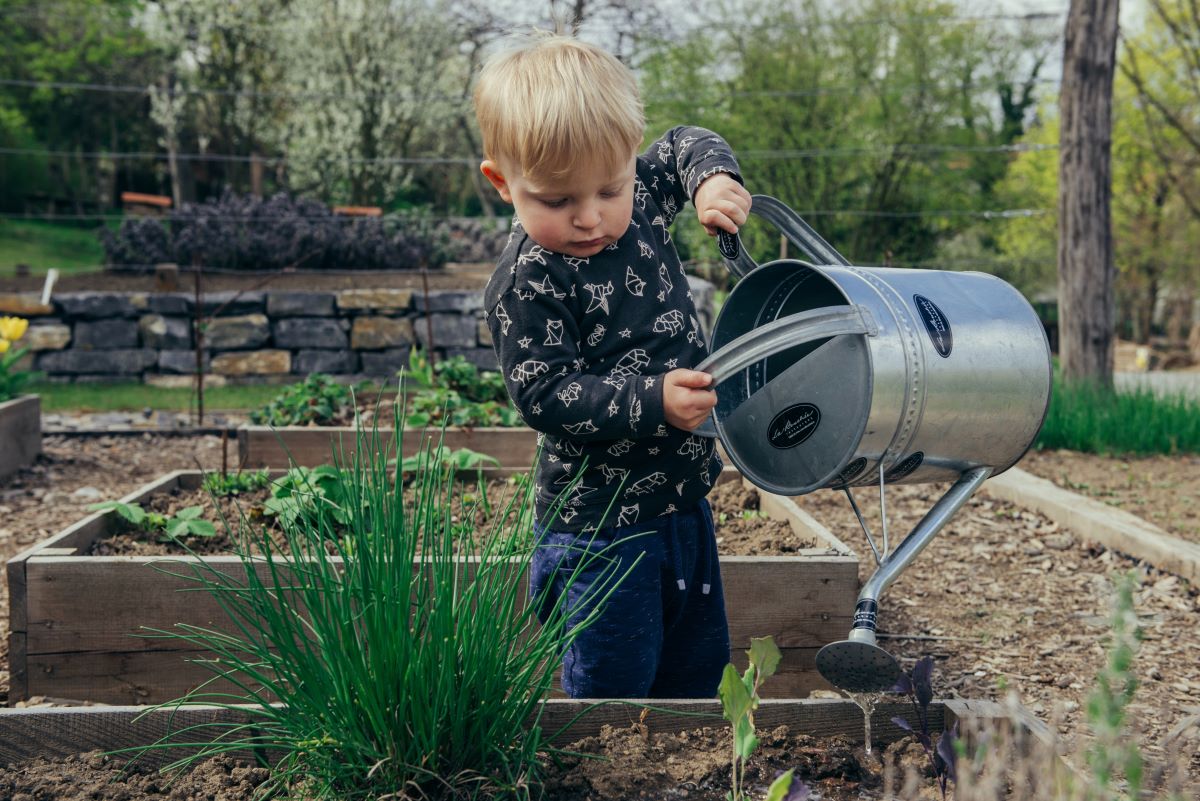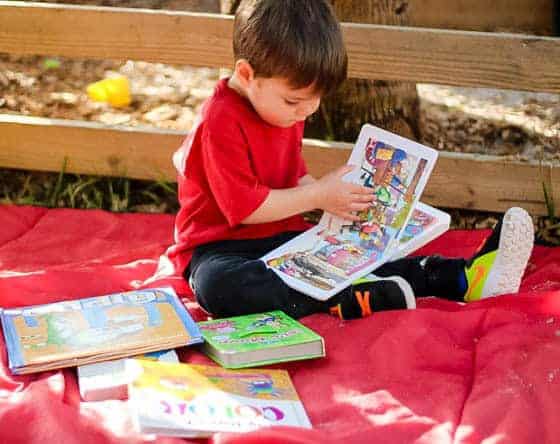Hello, Summer! There’s nothing better than for your kiddo to finally be done with school (goodbye, early mornings!)
While you may be thrilled that your child will be able to get outside and enjoy some fun in the sun, you should also be aware that it can also be a time of learning loss for many children. Reiterating the teaching and learning strategies that your child used during the school year over the summer can help prevent that. The educational phenomenon known as the Summer Slide has been around for decades, and is something parents, teachers, and administrators need to be aware of.
What is the Summer Slide?
As the name suggests, the summer slide is a phenomenon where learning strategies for students are lost over the summer months. This decline in knowledge usually occurs when students are out of school during summer break, and it can affect various areas such as reading, writing, and math skills. According to research carried out by the National Summer Learning Association (NSLA), students can lose up to two months of learning strategies and progress when they are not engaged in educational activities during their time off.
One reason for this decline is that many children do not have access to educational resources during their summer vacation. The NSLA study found that low-income families are particularly vulnerable to this issue as they may not be able to afford tutoring or enrichment programs for their children to maintain their learning strategies over summer break. Additionally, some families may underestimate how much time and effort needs to go into maintaining academic skills outside of traditional schooling hours.
Who is at risk?
While all students may suffer from the summer slide, some can experience greater gaps in remembering their learning strategies than others. Students from lower-income families who do not have access to educational resources during the summer are more likely to experience the summer slide. This is because they may not have access to books, technology, or other learning materials that can help them maintain their academic progress.
Another group of students who are at risk for the summer slide are those with learning disabilities or special needs. These students often require individualized instruction and support throughout the school year, which they may not receive during the summer break.
Additionally, students who struggle with reading comprehension or math skills may be more susceptible to losing ground over the summer months as those learning strategies are ones that tend to slip away as children take their minds off of school. Without regular practice and reinforcement of these learning strategies, they may struggle when they return to school in the fall. But, how can you help your kiddo “learn” without it feeling like they are back in school? Thankfully, there are many ways parents can incorporate these learning strategies into everyday, fun activities.
READ MORE: 46 Jokes About School Make Summer’s Sunny End Bearable

10 Fun Learning Strategies to Reduce the “Summer Slide”
1. Let Your Child Read Whatever They Want at Night
Research has shown that when children are allowed to choose their own reading material, they are more likely to enjoy reading and become lifelong readers. By giving them the freedom to explore different genres and topics, they can develop their own unique interests and passions. This sense of autonomy also fosters a love of learning that goes beyond the classroom.
2. Play Logical Games & Puzzles
Playing logical games and puzzles is a fun way for your child to exercise their brain and improve their cognitive abilities. These types of games help them develop problem-solving skills, critical thinking, and decision-making abilities. Introduce your child to some popular games such as math war, flashcards, Sudoku, crossword puzzles, chess, and jigsaw puzzles.
Math war is a great game for children as it helps them practice their basic arithmetic learning strategies while having fun. Flashcards are another popular game that helps children memorize information quickly by testing their recall ability. Crossword puzzles are great word-based games that can challenge your child to solve clues to fill in the blanks on a grid. In fact, you can find many age-appropriate crossword puzzles online for free!
For older children, Sudoku is a great logic-based puzzle that challenges players to fill in a grid with numbers without repeating any digits in each row or column. Chess is also a great option to introduce to your child because it requires strategy and planning, and can be played online or offline against other players or computer opponents.
3. Visit Historical Sites
Visiting historical sites is an excellent way to learn about the past and experience it firsthand. Historical sites offer a glimpse into the events, people, and customs that shaped our world today. By researching some great local options, you can immerse your child in history and help them gain a deeper understanding of the past.
If you’re traveling this summer- whether it’s exploring ancient ruins in Rome or walking through battlefields in Gettysburg- there are countless historical sites waiting to be discovered. Visiting these places can help bring history alive for your child and make it more tangible. They’ll get to see artifacts up close and personal, interact with knowledgeable guides who can provide context, and experience the atmosphere of the era.

4. Arts & Crafts
Did you know that arts and crafts can be a great way to teach kids about STEM? STEM stands for science, technology, engineering, and math – fields that are essential for the future workforce. By incorporating STEM learning strategies into arts and crafts activities, children can learn these important skills in a fun and creative way.
One example of an arts and crafts activity that incorporates STEM is making paper airplanes. This classic activity not only teaches kids about aerodynamics but also requires them to use their math skills when measuring and folding the paper. Another fun activity is building structures out of toothpicks and marshmallows or straws and connectors. Children will learn about engineering principles such as stability, balance, and structural integrity while using their creativity to construct unique designs.
5. Visit the Library
Bringing your child to the library is a great way to foster their love of reading. Not only can they choose from a wide selection of books, but they can also participate in various programs and activities that promote literacy learning strategies. Here are some ways you can make the most out of your visit:
Firstly, let your child explore and pick out books that interest them. Encourage them to try new genres and authors, but don’t pressure them into reading something they don’t like. Secondly, attend storytime sessions or other events where librarians read aloud to children. This will help improve their listening skills as well as introduce them to new stories and vocabulary.
Thirdly, consider signing up for a library card if you haven’t already done so. This will allow your child to borrow books and take them home which they may not be able to finish during one visit.

6. Cook With Your Children
What better way to prevent the summer slide than to involve food? Next time you’re making dinner, have your kiddo help out! Not only does it provide an opportunity for quality time spent together, but it also offers a chance to integrate various subjects such as Math, Reading, and Science.
Math is one subject that can easily be integrated into cooking activities. Measuring ingredients requires basic arithmetic skills such as addition and subtraction. It’s an excellent way to teach your child about fractions and how they are used in recipes. Additionally, calculating cooking times or adjusting recipe portions provides a practical application for multiplication and division concepts.
Reading is another skill that can be improved through cooking with your children. Following recipes requires reading comprehension and sequencing skills – two essential components of literacy development.
As food cooks, its properties change (such as water boiling, or bread rising as it bakes). Take this time to show your child how to read these signs and recognize the scientific changes that are occurring. This helps them to understand what will happen as they prepare food, which in turn can also help them make better decisions when you let them do cooking on their own.

7. Plant a Garden
Summer is the time to get some fresh air and sunshine outside, and planting a garden with your child is a fun and educational activity that can help them learn about science in a hands-on way. Gardening teaches kids about the natural world, plant life cycles, soil composition, photosynthesis, and more. It’s also an excellent way to encourage healthy eating habits and promote environmental awareness.
To get started on planting your garden with your child, consider what types of plants you want to grow. This can be based on personal preference or what’s suitable for your local climate. You might choose vegetables like tomatoes, cucumbers or lettuce or flowers such as sunflowers or marigolds.
Once you’ve chosen what you want to grow, it’s time to prepare the soil. Involve your child in this process by showing them how to dig up dirt or add compost; this helps teach them the importance of nutrient-rich soil for plant growth. Your little one will love the responsibility of watering the plant each day and tending to its needs throughout the summer. Plus, the smile on their face when the plants finally bloom or harvest is absolutely priceless.
8. Make a Summer Scrapbook
You know all of those many photos you take over the summer of your kiddo splashing in a pool, going on a trip, or visiting a relative? What better way to make those memories truly last than to print the photos out and let your child create a summer scrapbook?
Not only will it be a fun activity, but it can also help with their writing, creativity, and reading skills. By collecting photos, ticket stubs, postcards, and other memorabilia from your summer adventures, you can encourage your child to write about their experiences and express their thoughts and feelings.
Creating a scrapbook also allows for endless opportunities for creativity. Your child can decorate the pages with stickers, washi tape, or drawings. They can also include quotes or poems that inspire them or describe the memories they’ve made throughout the summer. This creative outlet not only helps develop their imagination but also encourages them to experiment with different artistic techniques.
9. Write in a Diary
Summer is the perfect time to introduce your child to writing in a diary. It allows them to express themselves freely without worrying about being judged or criticized by others, and gives them a chance to reflect on their thoughts and experiences over the summer- something that is crucial for personal growth and development.
Moreover, writing in a diary helps children develop discipline and a sense of responsibility. Keeping up with daily entries requires effort and commitment- qualities that are invaluable for success later on in life.
10. Listen to Audiobooks in the Car
Oh, those dreaded long car road trips! What a love/hate relationship parents have with those. You know how challenging it can be to keep your child entertained and occupied during long car rides, as children get bored easily and often start acting up when they have nothing to do. However, there is a simple solution that can help make car rides more enjoyable for both you and your child– audiobooks.
Audiobooks are an excellent way to entertain your child in the car while also promoting literacy skills. They allow children to use their imagination and engage with stories in a new way. Plus, listening to audiobooks is an excellent way for you to bond with your child while on the road because you can chat about the plot as the story progresses. Before your child knows it, they’ll arrive at the destination thinking they were only in the car for a few minutes. That sounds like a win in our book!
Tackle the summer slide by storm this year! These tips are easy to implement, and most of them hardly cost a thing. Summer should be a time of exploration and creativity for children, and you can help mitigate potential learning loss by providing fun, educational activities that help sharpen those learning strategies that they learned over the school year.
Ensuring your child is well prepared for the coming school year is an important part of parenting, so start implementing these strategies now to ensure your child has a successful and productive summer. With these tips in hand, you can be proactive in helping your child stay engaged and avoid the summer slide.
WANT TO READ MORE?
Check out The Top 10 Best Summer Camps for Children in the US for more summer fun!
CONNECT WITH DAILY MOM
💖 NEWSLETTER: DAILY READS IN YOUR INBOX 💖
Sign up to receive our picks for the best things to do, see and buy so you can relax and focus on more important tasks! Let us help you be the best version of yourself you can be!
BE SOCIAL WITH US
📌 LOVE IT? PIN IT!📌












































